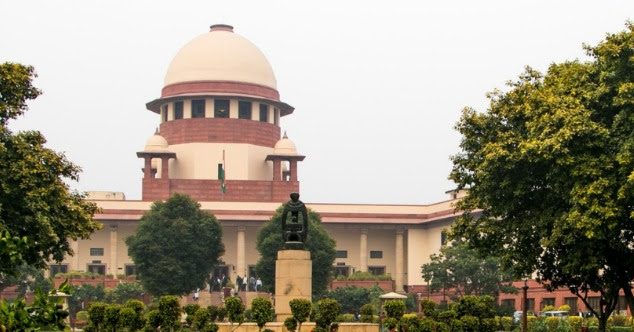Analysis
Covid Coverage: Children in Protection Homes, January 24th 2022
The Court sought clarifications on whether the NALSA could pay honorarium to Remote Point Coordinators assisting child trafficking victims.
On January 24th 2022, the Supreme Court dealt with guidelines for subordinate courts to record statements of child witnesses in trafficking cases through video conferencing. The guidelines recommend the appointment of a Remote Point Coordinator (RPC) to record the childrens’ statements virtually and to ensure that best practices are followed for their well being. The High Courts were concerned about who would pay for the RPC’s services. Justices Nageswara Rao and B.R. Gavai sought clarifications on whether the National Legal Services Authority (NALSA) could be ordered to foot the bill.
The concerns of trafficked children came to the Court’s attention while hearing an earlier suo motu case. In the earlier case, the Court attempted to ensure that children in protection homes were treated in accordance with the Juvenile Justice Act (2015) during the pandemic. It was suggested that subordinate courts should be ordered to hear child witnesses in trafficking cases through video conferencing to minimize COVID contagion. The Court sought Amicus Mr. Gaurav Agrawal’s help to devise a virtual hearing system for trafficked children that could continue even after the pandemic.
Based on consultations with High Courts and a Pilot Project in different subordinate courts, the Amicus circulated a draft Standard Operating Procedure (SOP) for subordinate courts to effectively examine child witnesses remotely. The Court ordered High Courts to report, in three months, on whether the courts in their jurisdiction were technologically equipped to follow the SOP and what steps they would take to advance technology in their jurisdiction.
The suggestion of appointing RPCs was well received by all High Courts. There was, however, confusion over who should compensate them. Senior Advocate Anitha Shenoy stated that State governments could be ordered to bear this cost as per Section 312 of the Code of Criminal Procedure (1973). She also suggested that the National Legal Services Authority’s (NALSA) Legal Aid Fund, set up by the Union government, could be used to pay RPCs. The Court sought NALSA’s response in this matter.
The establishment of witness examination through video conferencing will not only protect trafficked children from COVID contagion, but will also ensure that they do not have to travel between states to interact with the concerned court. The appointment of RPCs will also ensure that child witnesses are treated with care during the hearings. To ensure that these guidelines are followed, the Court decided to keep the case pending so it could continue to supervise the actions of subordinate courts.




